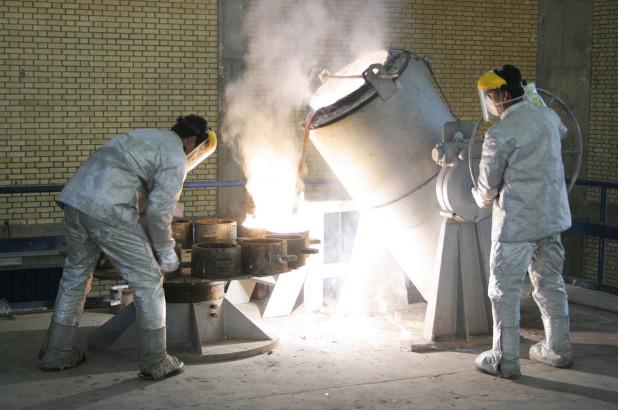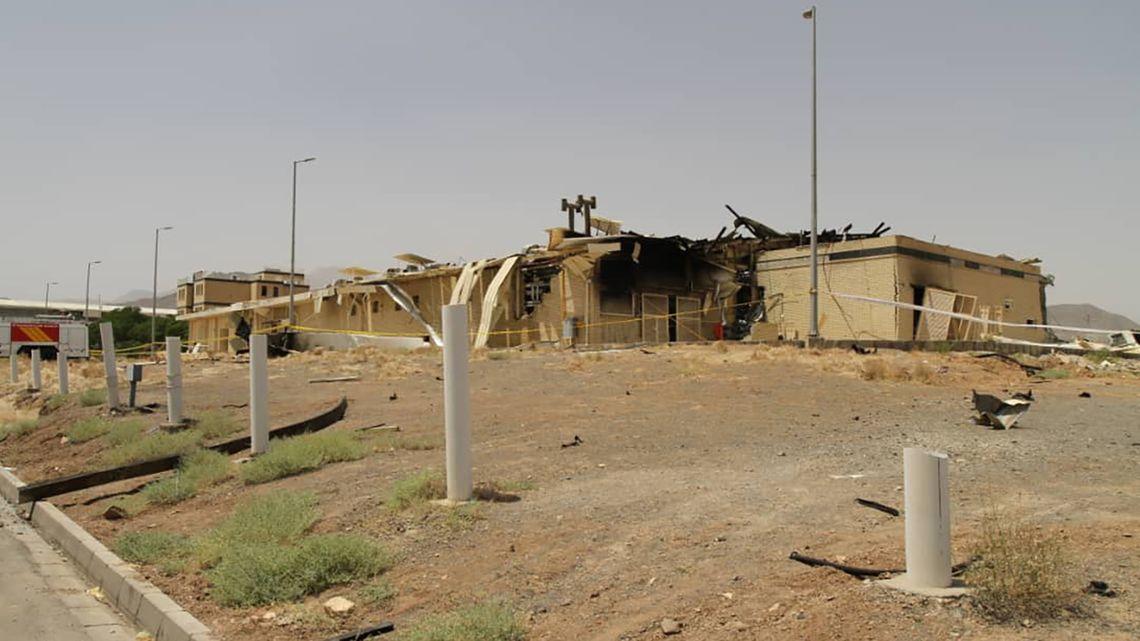CentCom Says Iran Is ‘Top Priority’ As Sabotaged Natanz Facility Set To Boost Nuclear Fuel Production
Tyler Durden
Thu, 08/13/2020 – 20:15
This week CENTCOM chief Gen. Kenneth McKenzie said that Iran is the “top priority” for American forces deployed across the Middle East.
“As I look at the theater, we remain focused on Iran as our central problem. This headquarters focuses on Iran, executing deterrence activities against Iran, and doing those things,” McKenzie said Wednesday at a think tank hosted defense conference.
Despite the Islamic State long being driven underground, though the Pentagon has lately claimed the terror group is making a comeback, McKenzie went so far as to blame Iran for any resurgent ISIS activity: “The threat against our forces from Shiite militant groups has caused us to put resources that we would otherwise use against ISIS to provide for our own defense and that has lowered our ability to work effectively against them,” the CENTCOM commander said.

Recall that the administration has long argued ISIS is the main reason for a continued US troops presence in northeast Syria. Despite Trump’s “secure the oil” statements, the Pentagon’s official reason for being there is to counter ISIS and ensure it can’t regain a foothold. Across the border in Iraq, there’s growing pressure for all US bases and deployments to exit amid tensions with Iran-backed Iraqi Shia militias.
Meanwhile, following last month’s headline-grabbing fire and explosion at Iran’s Natanz nuclear plant, widely seen as most likely an act of sabotage, Iran is actually moving to boost production of nuclear fuel at the damaged site.
Bloomberg details in a new report that Iranian authorities are “transfering new generations of advanced centrifuges used to enrich uranium — the heavy metal needed for nuclear power and weapons — from a pilot facility into a new hall at its primary fuel plant in Natanz, according to a one-page restricted International Atomic Energy Agency document seen by Bloomberg.”

If the July 2 incident was indeed an act of Israeli or US sabotage, it apparently didn’t do the job of derailing potential uranium enrichment capabilities at the site. There is consensus at this point that it was a covert attack, possibly via cyber operations.
Bloomberg concludes: “The addition of advanced centrifuges to Hall B of the Natanz Fuel Enrichment Plant — another technical violation of its 2015 agreement with world powers — suggests that last month’s attack at a nearby machine shop didn’t have the intended effect of disrupting production.”
via ZeroHedge News https://ift.tt/2XXx40z Tyler Durden